In the restless sprawl of Lagos, where stories flicker as fast as the traffic lights, one man has quietly rewritten the skyline — not with concrete, but with screens. Wale Adegoke, founder of Nimbus Media, didn’t set out to change the face of advertising. Yet today, his digital billboards speak to millions daily, turning public spaces into storytelling canvases and redefining what it means to be seen in a city constantly in motion. Adedayo Adejobi writes
In the teeming metropolis of Lagos, amidst the hum of impatient traffic and the glitter of high-rises reaching for the smog-laced sky, a quiet revolution has taken place — not in tech, not in oil, but on the pavements, in the malls, and across the skyline itself.
For over a decade, digital billboards and LED screens have become an invisible yet omnipresent force guiding the city’s visual rhythm. At the centre of this transformation stands Wale Adegoke, the unassuming founder and CEO of Nimbus Media, a company that has reimagined the face of Out-of-Home (OOH) advertising in Nigeria.
Yet Adegoke’s journey into the world of media was neither pre— ordained nor paved with venture capital. It is, in fact, a tale rooted in Lagos grit, familial values, late-night dreaming, and a defiant sense of curiosity — the kind that has led him from construction sites to the corridors of mall managers and boardrooms of global brands.
“I’m a Lagos boy,” Adegoke declares with a glint of pride. Born and bred in Nigeria’s commercial capital, his accent still bears the polite cadence of King’s College Lagos, where he received his secondary education.
From Surulere to Magodo, from the mainland to the Island, Wale’s boyhood traversed the urban palette of Lagos life. His father, a doctor, and his mother, a banker-turned-public servant with an MBA, laid the intellectual groundwork. Yet, Wale’s imagination roamed far beyond the city’s bounds.
He recalls fondly the family Christmases spent in Surulere, cousins and uncles in tow, fizzy drinks in hand, playing money games and sprinting through the streets.
“If I knew it would end, I’d have savoured it more,” he says with a wistful smile. It is perhaps this sentiment — the instinct to preserve moments, to elevate the fleeting into the lasting — that later found its way into his work with media and memory.
Despite the influence of a scientifically inclined family, Wale gravitated toward storytelling.
“I think in English,” he quips.
A lover of world cultures, he devoured literature and documentaries, from Japanese animation to Arabic poetry.
“Curious, adventurous, and a softy,” is how he describes himself. That last word — softy — is no throwaway adjective. It reflects a deeply human, even vulnerable side of a businessman who has built an empire of screens yet remains keenly attuned to human feeling.
His route into entrepreneurship was as tangled as Lagos traffic. After earning stellar grades in secondary school, Adegoke sought to study marketing. His father, unimpressed, pushed him toward engineering. A failed civil engineering diploma, a missed American visa for computer engineering, and a host of last-minute pivots later, he found himself enrolled at the University of Lagos studying Building Technology — a course chosen less out of passion than practicality.
But even this unplanned detour laid the foundation for what was to come. By the time he graduated, Wale was already knee-deep in construction projects. He interned on building sites, juggled site supervision, and hustled lemonade to his mother’s colleagues in Alausa.
“I’ve always had a bit of the entrepreneurial itch,” he admits. Slippers, shirts, soft drinks — no idea was too small to try.
Yet it was during his second formal job, at a project management firm, that an observation sparked the big idea. Unlike retail spaces in the UK and US, Nigerian malls and supermarkets lacked integrated digital advertising. The gap was glaring, and Wale — with his co-founder, a real estate agent he had recently met — set about building a business to fill it.
Nimbus Media was born in 2010, without capital, without an office, and without a single screen. But it had a vision — and a proposal. After an early heartbreak with the Tejuosho redevelopment project, which collapsed under the weight of bank repossession, the duo turned their eyes to Ikeja City Mall.
They pitched a bold idea: sleek digital screens positioned within the mall’s walkways, replacing bare benches and bins with freestanding LED installations. The mall agreed.
There was only one problem — the screens didn’t exist yet. Scraping together support from friends, family, and a well-timed angel investment, they purchased and installed the equipment. When the screens finally came alive in 2012, Lagosians noticed. The phones rang off the hook. “We didn’t even have salespeople at first,” Adegoke says.
“I was picking up every call myself.” Advertisers called. Landlords called. The screens, glimmering with content, sold themselves.
By 2013, Nimbus had earned its first cheque. Wale quit his day job and never looked back.
Nimbus’s model is deceptively simple: pitch creative digital installations to building owners, install them at cost, and then monetise the space by selling advertising slots. But success requires the delicate balancing of two power dynamics: landlords and brands.
“They’re both our customers,” Adegoke explains.
“You need to understand the language of real estate and the language of advertising. It’s a dance.”
This duality has been both a blessing and a curse. Over the years, Nimbus has built strong relationships — sometimes managing entire buildings, other times installing only specific assets. It’s a business that lives on trust, track record, and vision. But it’s also a business exposed to the vagaries of government policy, erratic municipal charges, and human inconsistency.
“People,” Wale sighs. “People are the biggest challenge. And the biggest blessing.” He speaks of co-founders who’ve left, investors who’ve exited, and staff who’ve soared or soured. He’s had to become part-lawyer, part-accountant, part-counsellor.
“You learn not to be too trusting, not to fall too deeply in love with your own ideas. But I’m a softie. I still make those mistakes.”
Today, Nimbus is no longer simply about physical screens. Adegoke’s vision for the future lies in digitisation and platformisation. He imagines Nimbus as a dashboard — a smart, cloud-based portal where landlords, brands, and agencies can manage visibility, track metrics, and even purchase exposure programmatically, much like they would on Meta or Google.
“Nigeria is on a journey,” he says.
“The media industry here is still catching up to the possibilities. Radio, TV, even events — we’re not fully online. But we will be.”
He cites the rise of programmatic buying and its potential to make offline advertising more measurable, more dynamic, and more democratic. In this future, Nimbus will not just be a vendor — it will be infrastructure.
And in ten years? “I don’t see myself as CEO,” Wale says with a smile.
“But Nimbus will still be here, just smarter, faster, more embedded in the ecosystem.”
Yet for all the future-forward talk, Wale remains rooted in something timeless: family.
“Family is everything,” he declares.
His belief is that Nigeria’s problems — from corruption to disillusionment — are seeded in broken family structures. He sees entrepreneurship not as an act of escape, but of reconstruction: building something lasting that serves a wider unit, a community.
It’s also why, despite setbacks, he remains motivated.
“The audience — the people who see our work — matter. The brands matter. The landlords matter. But so do the families behind them.”
There’s something deeply poetic about the idea that a man who installs digital screens across Nigeria sees himself primarily as a storyteller.
For Wale Adegoke, every screen is a platform. Every is a message. Every location is a narrative.
In building visibility, he has also built presence — his own, and that of countless businesses he has helped bring to light.
In a city that never stops blinking, one man’s vision continues to shine.



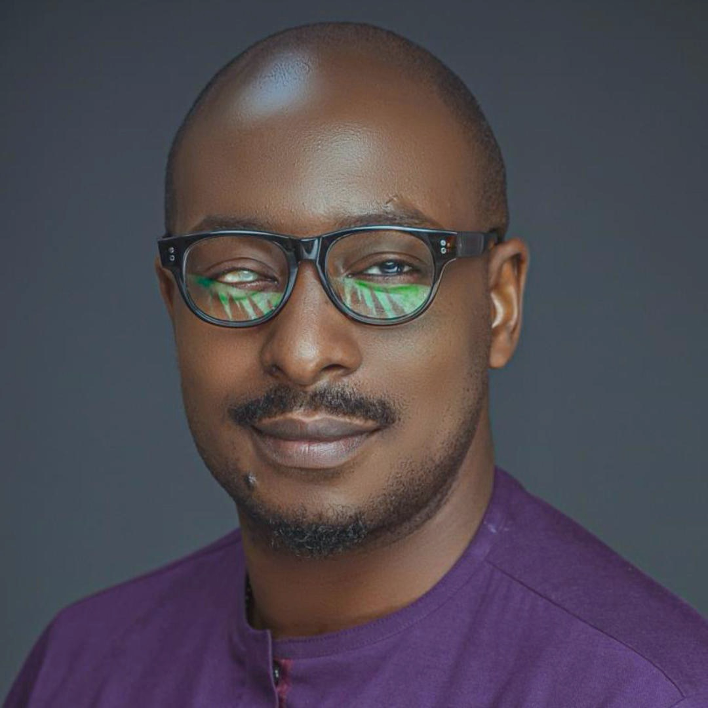


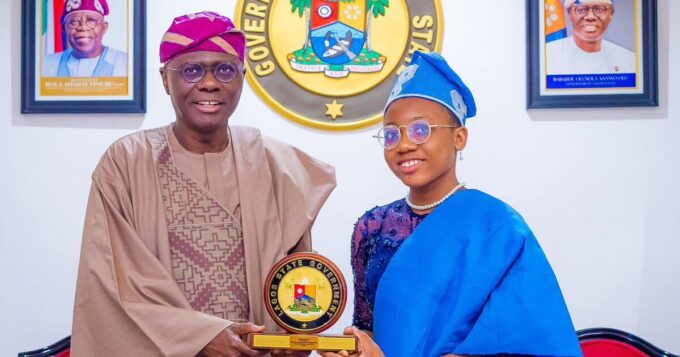
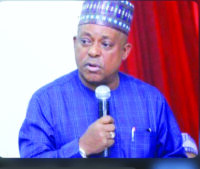

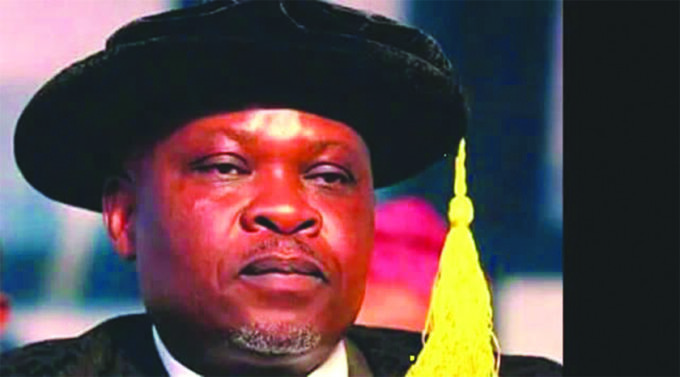
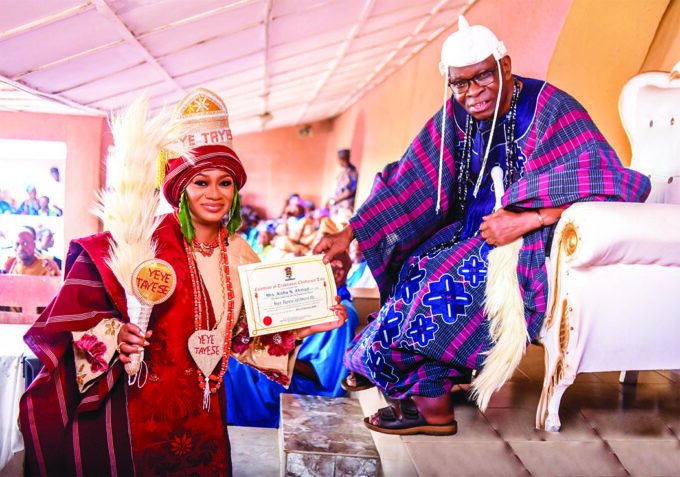
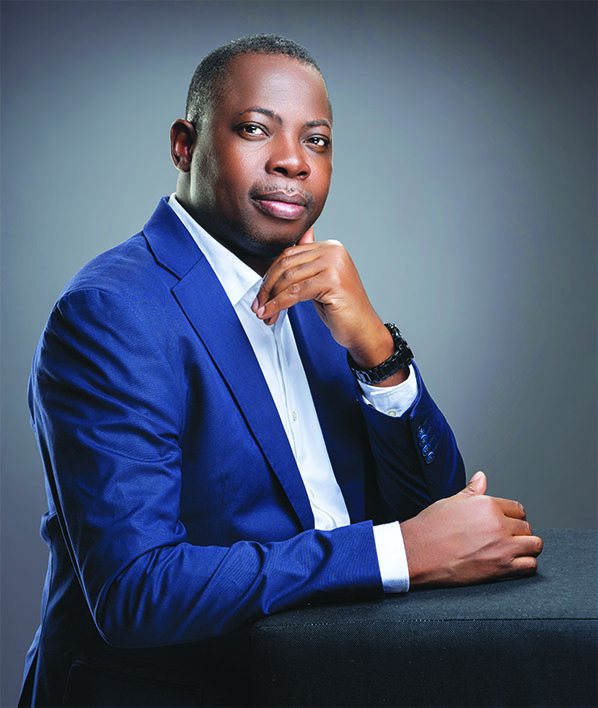
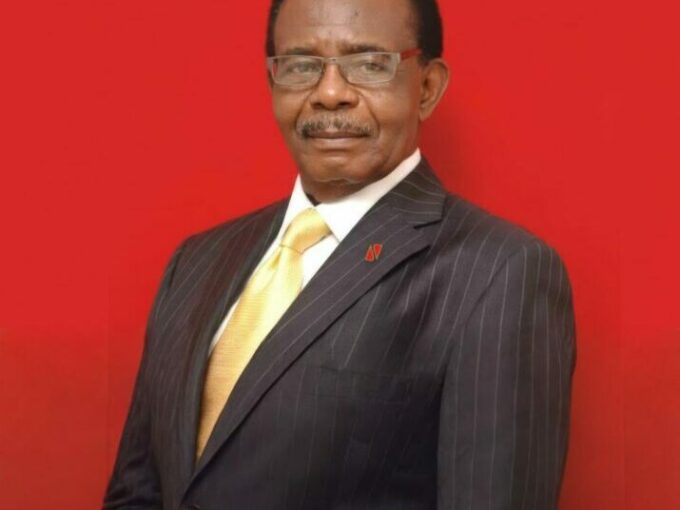


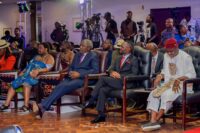


Leave a comment